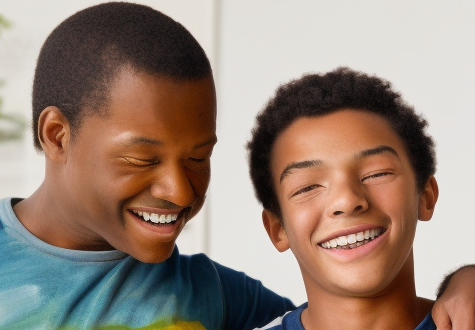As a therapist, I have often wondered how my clients could treat people they love with meanness and disdain. For example, Mark and Annie had been married for twenty years and yet when they would come in for counseling, they reported having vicious and hurtful arguments on a weekly basis. Or there was Terri, a 17-year-old girl who had been very close to her mother as a child and yet didn’t seem to care at all about how her excessive drinking and drug experimentation affected her. She’d tell me, “I can’t be responsible for her problems with me. Let her live her own life.”
Having researched how empathy develops in children for my books on emotional intelligence (How to Raise a Child with a High EQ: A Parents’ Guide to Emotional Intelligence, Learning to Listen Learning to Care, and others), I understood that most of us are born with empathy, and we show empathic responses and compassionate behaviors very early in life. When a baby sees another baby crying in distress, she will most likely start crying, too. Toddlers in daycare have been observed comforting children who are clearly upset, stroking their arms, or even fetching a box of band-aids.
Yet for some reason, as we grow older, many people seem to lose their capacity for empathy – or at least behave in ways that show a lack of understanding of others.

